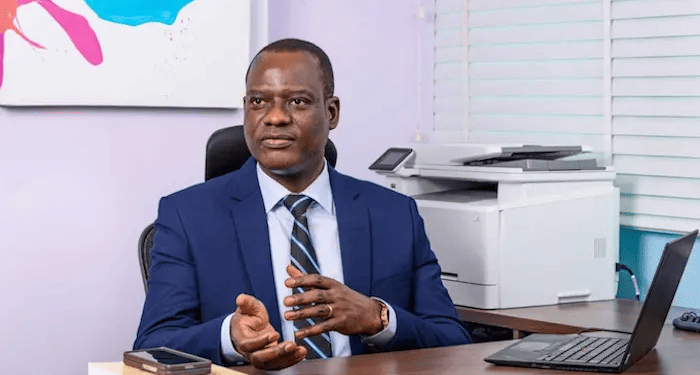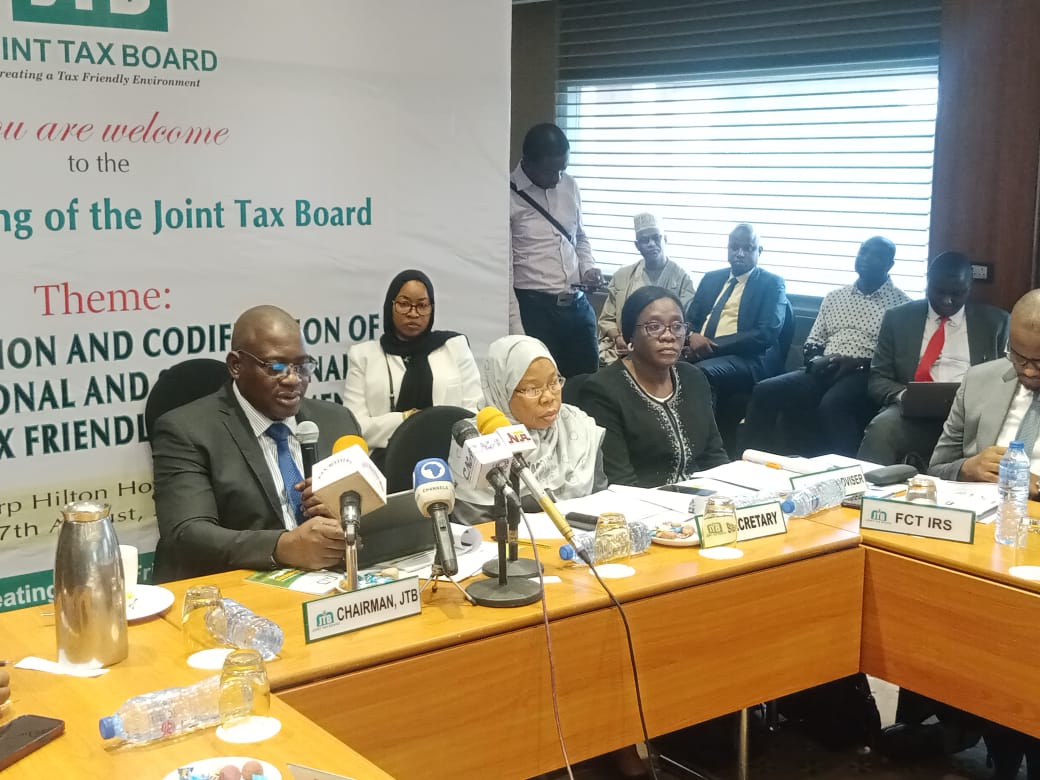The Chairman of the Presidential Committee on Fiscal Policy and Tax Reforms, Taiwo Oyedele, has criticized Nigeria’s tax system, describing it as an obstacle to economic growth. Speaking at the inaugural Economic Roundtable and 2025 Macroeconomic Outlook event hosted by Agusto & Co. in Lagos, he highlighted how excessive taxation stifles businesses, especially small enterprises.
Oyedele pointed out that the country’s tax framework is overly complex, with multiple levies imposed by various agencies, making it difficult for businesses to thrive. He explained that Nigeria taxes almost everything, regardless of whether a business is small or large, formal or informal. He illustrated the problem with an example, describing how merely setting up a roadside business attracts multiple tax demands before even earning any revenue. He expressed hope that, in the future, government agencies would focus on supporting businesses with credit facilities and capacity development rather than burdening them with excessive levies.
His remarks came a day after the House of Representatives passed four tax reform bills for a second reading, referring them to the Finance Committee for further review and public hearings. He stressed that businesses need relief from over-taxation to foster economic growth and stability.
Addressing Nigeria’s foreign exchange challenges, Oyedele suggested a fiscal approach to stabilizing the naira, including taxing premiums earned in the parallel market. He argued that this measure could help close the gap between the official and black-market exchange rates, which he sees as a greater threat than currency volatility itself.
Renowned economist Dr. Doyin Salami also spoke at the event, emphasizing the need for effective government spending and economic stability. He highlighted concerns over inflation, fiscal deficits, and economic growth, warning that food security remains a more pressing issue than rising prices alone. He stressed that Nigeria must prioritize policies that stimulate productivity and economic resilience.
Financial analyst and Group CEO of Cowry Asset Management, Johnson Chukwu, criticized the government’s economic strategy, describing it as heavy on policy formulation but weak in execution. He noted that while Nigeria frequently introduces reforms, the challenge lies in implementing them effectively to achieve tangible economic benefits.
The event also paid tribute to Olabode Agusto, the late founder of Agusto & Co., recognizing his contributions to Nigeria’s financial and economic landscape. Experts at the roundtable emphasized the need for urgent tax reforms, improved economic policies, and better execution of government strategies to drive sustainable development.










